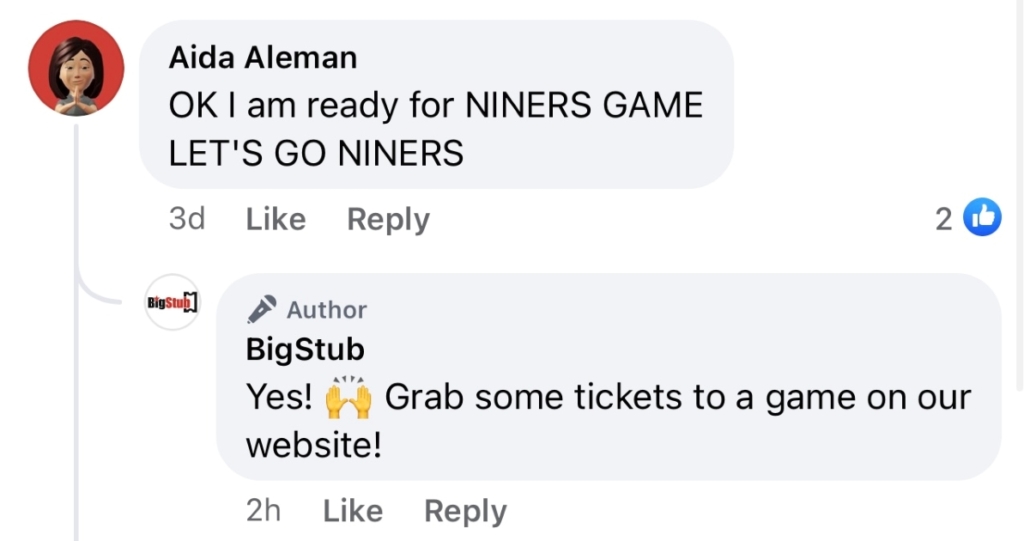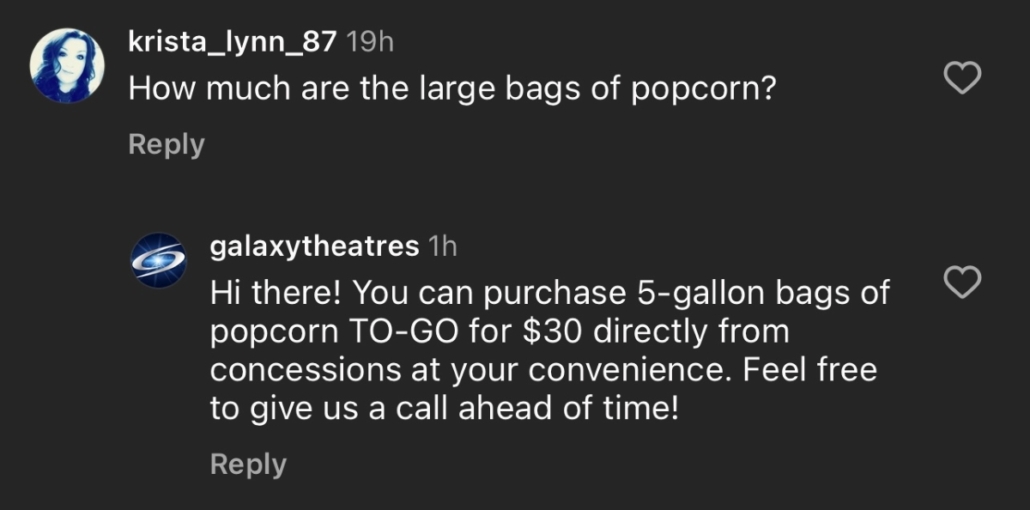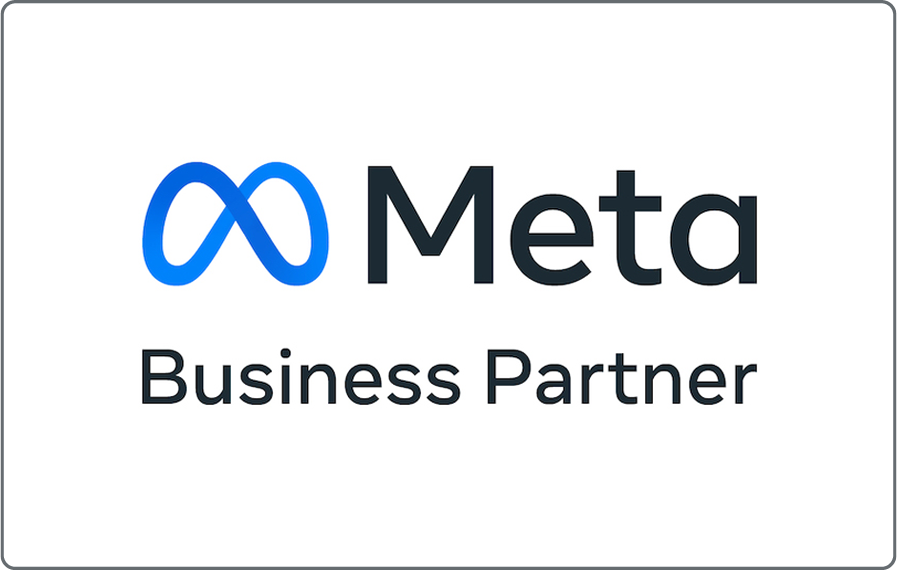The Importance of Monitoring and Responding on Social Media
Social media revolves around engaging and interacting with your audience, where simply being present on social media platforms is no longer enough to stand out against other brands and creators. To build authentic relationships with your followers, establishing a community of individuals who feel heard, seen, cared about, and ultimately connected to your brand is essential. Therefore, when customers share inquiries, complaints, or compliments through comments on your posts, it is crucial to respond promptly to express appreciation for their business and demonstrate attentiveness, a reason for the existence of a community management agency, which can assist in your social engagement efforts.
According to The Sprout Social Index™ 2023, 51% of consumers surveyed say that the most memorable brands on social media are those that respond to customers, and 68% of customers follow brands on social media to stay informed about new products and services. This information highlights the importance of monitoring and responding to comments on social media for long-term brand success.
But, as we all know, the world of social media is full of bots, trolls, and irrelevant opinions/comments, so we must understand how to engage with audiences on diverse social platforms and, specifically, how to address different types of comments in unique situations. In this article, we will guide you in the different approaches to handling a range of social media comments and offer our tips on the most optimal ways to respond.

Positive Comments
Positive comments can be anything from a simple “thank you” to an in-depth product or service review. Because consumers take the time to show you their appreciation, responding to these messages and reciprocating the gratitude is essential. When crafting your response to positive comments, be sure to use a sincere tone, thank the individual for their feedback, and personalize each message so each person feels directly spoken to, which can further their connection to your brand. For example, the ticket vendor BigStub uses an effective community management strategy to respond to comments promptly and enthusiastically. Below is an example of how BigStub addressed a positive comment on Facebook, but this practice can be seen across all of the brand’s social accounts. Ultimately, your response demonstrates to consumers that you value their business and feedback, fostering trust and a sense of community.

Neutral Comments
When it comes to neutral comments, it is often easy for them to go unnoticed, but responding to them is as important as addressing positive or negative feedback. The most significant advantage of responding to neutral comments is that it shows your audience you are available whenever they need you to be. Additionally, it allows you to engage in a casual conversation with your audience, which helps to personify your brand and further build consumer relationships that can foster brand loyalty. Check out the Instagram activities of Galaxy Theatres below, for instance. In this example, the brand responded to a neutral customer inquiry with a detailed, eager response that opened up the floor for further conversation. Thus, it would be silly to miss out on a similar opportunity to engage with your audience in a fun, relatively low-stakes manner. Consider working with a community management agency to guide your response strategy.

Negative Comments
As a brand, it’s crucial not only to listen to negative comments but also to respond to them appropriately. Negative comments can look like a range of issues surrounding the product or service, including customer care experiences. Before heading straight for the keyboard to defend your brand, remember to approach your response with delicacy, understanding, and empathy to avoid fueling an existing fire. A dissatisfied customer can leave the conversation feeling content and attended to by demonstrating respect for their opinion in your response. As for negative comments that take the form of offensive remarks and hate speech, it is essential to clarify your brand’s boundaries for this behavior and address it as unacceptable. You can take additional measures like blocking and reporting the social media account to the platform. Suppose your brand receives social media comments related to a crisis. In that case, you should have an established crisis communication plan to handle the situation best, and a community management agency can assist you with this. Overall, properly monitoring negative comments on social media helps you steer clear of any subsequent harm to your brand’s reputation, correctly identify serious or timely situations, and uphold strong brand values and a positive online community.

Analyzing All Comments
Many tests and tools exist to provide valuable brand insights derived from all of your social media comments. A social media sentiment analysis considers the emotions and opinions of those talking about your brand online, which is beneficial for identifying and addressing negative comments before they escalate. On top of that, conversation analytics uses AI and machine learning to find patterns and form reports derived from customer conversations. There are many social listening techniques worth exploring to keep your brand ahead of the conversation, and a community management agency can support you in gathering valuable insights from your data.

A well-executed plan for engaging with social media comments helps you establish your brand, gain loyalty, and connect with the right audience. Improve your brand reputation and skillfully navigate potentially harmful situations by adopting the abovementioned strategies and practices.





